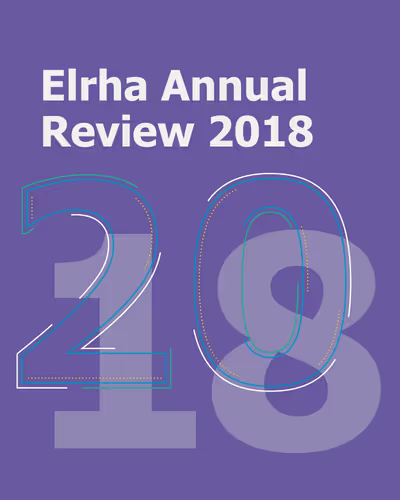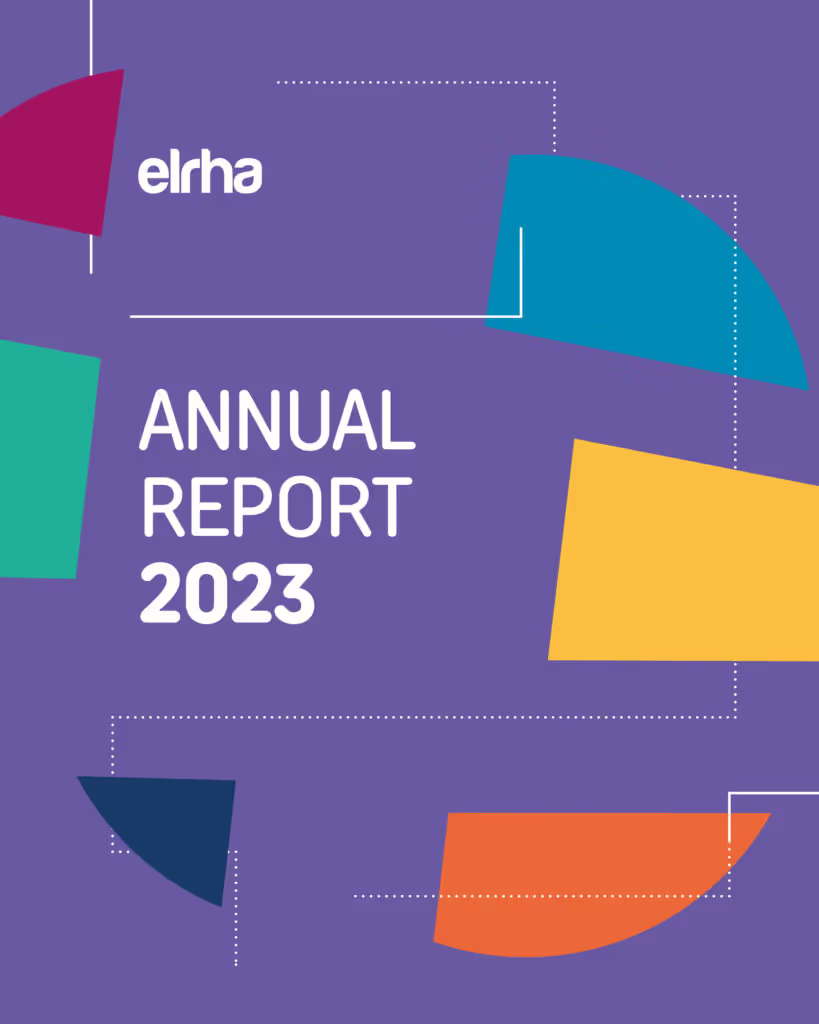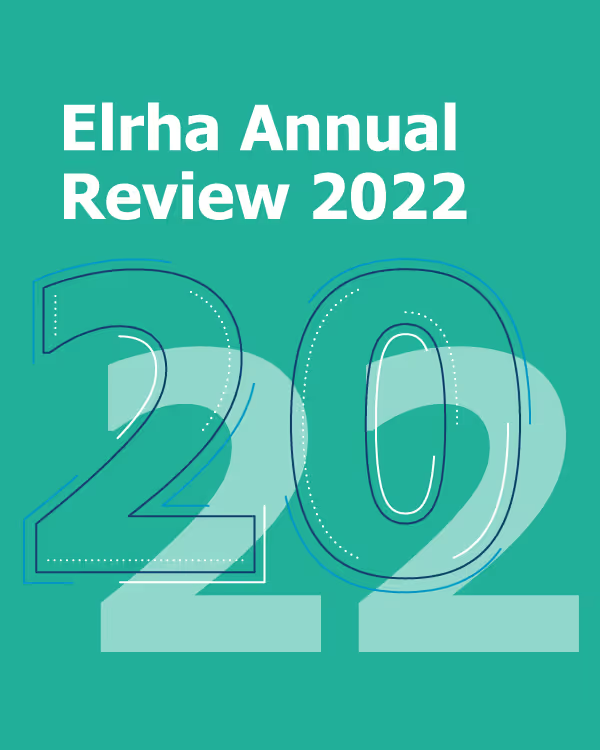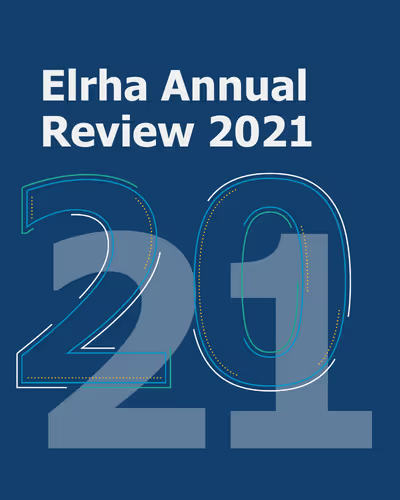Annual report 2018
Our Annual Report for 2018 is our first as an independent charity. Here you’ll find out specifically what we do, and the change we want to see; discover ten ‘stories’ that showcase the best of our work over the past ten years; take a look at how we spend our money, and where it comes from; and learn about our ambitious direction for the next five years. In 2018 we supported 122 live research and innovation projects around the world, 25 of which were granted in 2018. 40 peer reviewed articles written by our grantees were published in leading journals with open access.



